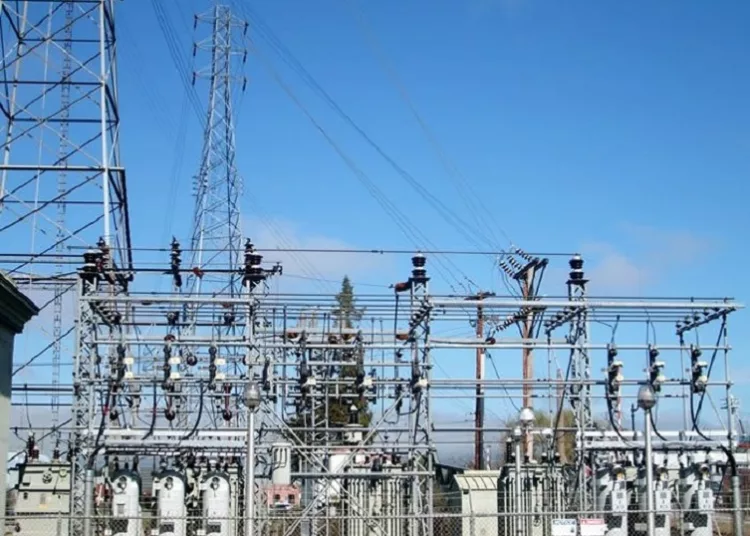Industry stakeholders said government should find lasting solution to the perennial poor power supply and the frequent national grid collapse
They also stated that the government should create the needed conducive regulatory environment, extend concessionary credit to operators in that sector, offer import waivers, and collaborate with the private sector to work together in policy formulation and implementation.
The director-general of Lagos Chamber of Commerce and Industry (LCCI), Dr. Chinyere Almona stated that the Chamber is deeply concerned about the frequency of collapse recorded by the National Grid, the sole supply source of hydroelectric power nationwide.
She noted that “this year, the country has recorded eight grid failures, with three being recorded within a week. The worsening performance of the national grid is an issue of concern to the business community.
Almona said “reasons for the recent collapses were more about the explosion of transformers, unexpected tripping of power generating stations, and other technical malfunctioning.
“Currently, the national grid only generates about 4,500MW of electricity for over 200 million people. Meanwhile, South Africa generates about 50,000MW of electricity to service about 59 million people.”
According to her, what lessons have we learned from past grid collapses and restoration efforts? By now, after numerous failures, the national grid managers should have identified the root causes and found lasting solutions.
“It is concerning that there appears to be no clear understanding of these causes or lessons learned from the restoration processes. After about 105 collapses in ten years, power sector stakeholders should know what drives these recurring failures and how to prevent them. We are troubled by the apparent lack of such understanding among regulators in the power sector.”
Also, the managing director of Coleman Wires and Cables, George Onafowokan called on the minister of Power, Adebayo Adelabu, to urgently address the aging infrastructure contributing to the frequent collapse of the national grid.
Speaking in light of the recent power outages, Onafowokan emphasised the need to replace outdated cables that have exceeded their shelf life, leading to inefficiencies across the power distribution system.
Following the federal government’s establishment of a six-member committee to find solutions for Nigeria’s power challenges, Onafowokan stressed the importance of upgrading critical infrastructure.
Onafowokan explained that many cables in use today are no longer fit for purpose, resulting in frequent grid failures that have significantly impacted the manufacturing sector.
He outlined how these failures have affected manufacturers, forcing many to rely on costly alternatives such as diesel-powered generators.
Onafowokan urged the minister of Power to implement a strategic, long-term solution that not only addresses the infrastructure but also focuses on localised power generation.
He advocated for the creation of power clusters, where industries could generate and share power within specific areas, saying that decentralising power generation could lower costs and ensure more stable access to electricity for businesses.




